#yemenite jews
Text
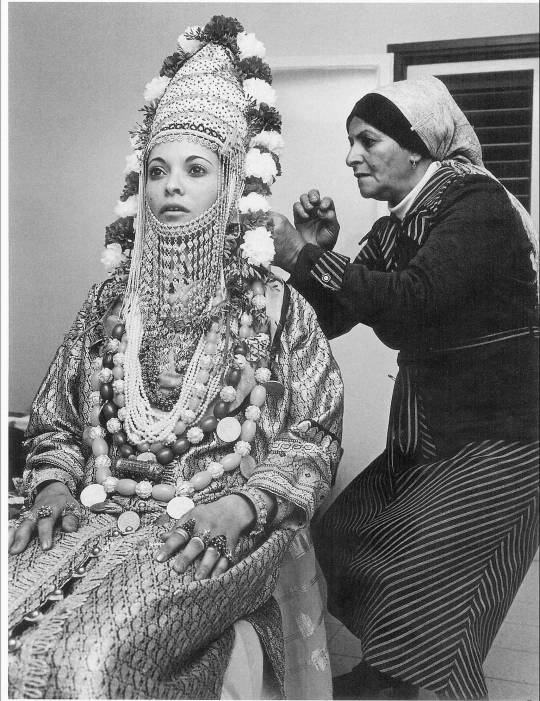
Yemeni Jewish bride gets dressed up in the traditional headdress, the "tishbuk lulu".
523 notes
·
View notes
Text

1️⃣2️⃣4️⃣
Yemenite Jew (1914)
#human#jumblr#jews#jewish#judaism#jewish culture#mizrahi jews#mizrahim#yemenite jews#arab jews#torah#life
39 notes
·
View notes
Text
YemeNight, a film by Talia Collis depicting the prewedding henna ceremonies of the Yemenite Jewish community; featuring a Yemenite Jewish bride and an Iraqi Jewish groom. Screened at the Arab World Institute's "Juifs d'Orient" exhibition in Paris and featured on Vogue
603 notes
·
View notes
Text

Yemenite Jews, Jerusalem, circa 1905. Elkan Nathan, 1861-1947.
57 notes
·
View notes
Text
You know the drill, reblog for a bigger sample size!
(I'm making versions of this poll for different Jewish diasporas, and I might do a denomination version, too!)
#jupi gets jewish#jumblr#jews#jew#jewish#judaism#polls#tumblr polls#poll#jews of tumblr#mixed jews#mixed#mixed race
#jupi gets jewish#jumblr#jews#jew#jewish#judaism#polls#tumblr polls#poll#jews of tumblr#italki jews#ethiopian jews#yemenite jews#beta israel#georgian jews#caucasus jews#cochin jews#bene israel#bnei menashe#bene ephraim#romaniotes#kaifeng jews#african jews#asian jews#we are such a gorgeously diverse community and i hope y'all remember that!#a jew is a jew is a jew
66 notes
·
View notes
Photo
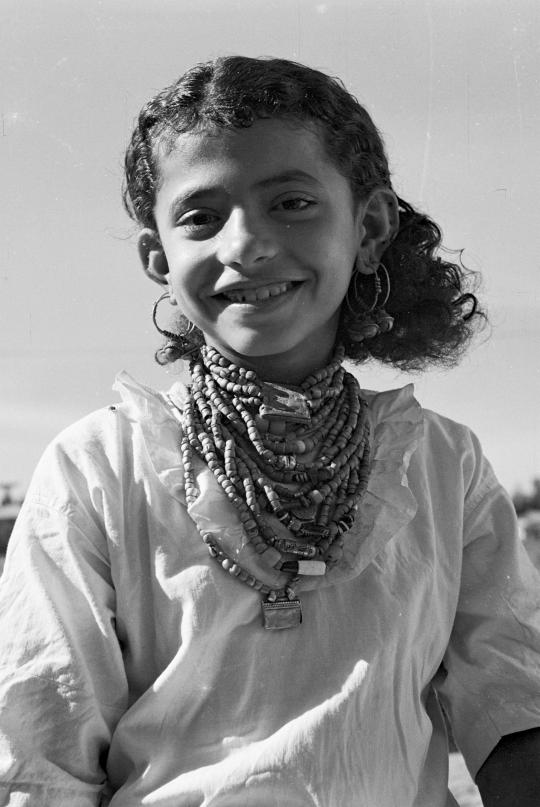



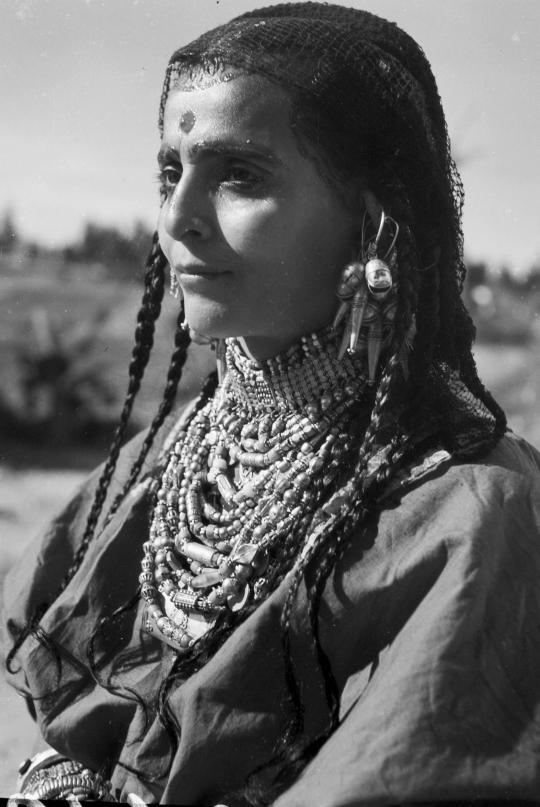

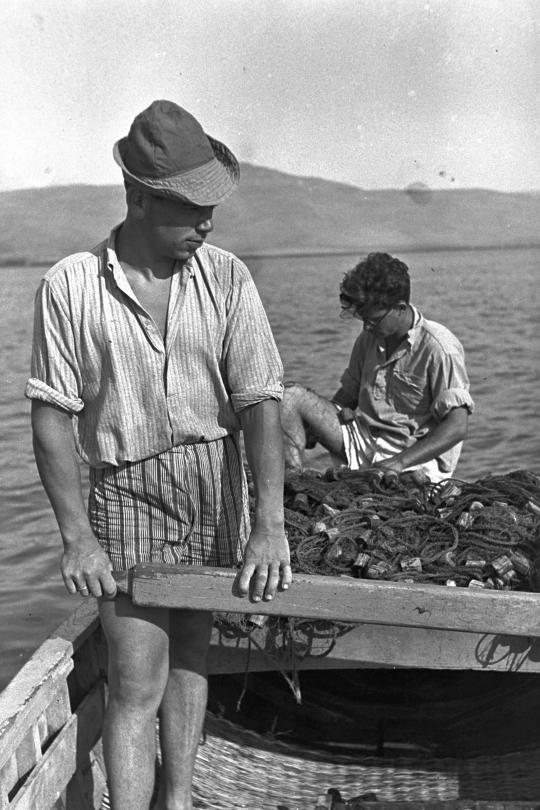

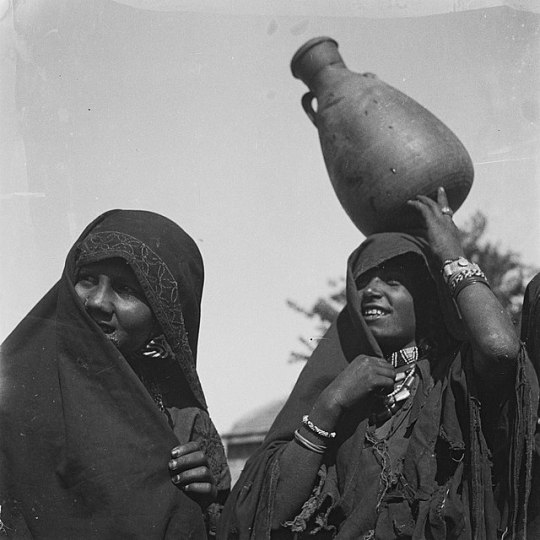
Portraits of Mandatory Palestine by Zoltan Kluger, 1934-1946
255 notes
·
View notes
Video
youtube
A-WA - "Hana Mash Hu Al Yaman" (Official Video)
#youtube#music#music marketing#music monday#yaman#israel#israel music festival#oriental#oriental music#middle east#yemenite jews#arabs#Yemenite#Teimanim#mizrahi jews#mizrahi#mizrahi music
7 notes
·
View notes
Text
Thinking about how in 1983 Ofra Haza, a Yemenite-Jew refugee, sang the song Chai at Eurovision in Munich, Germany 11 years after the Munich Massacre and only four decades after the Holocaust, with a song where the chorus says Am Yisrael Chai - The Nation of Israel Lives and it's all about joyous survival. (She placed second)
#jumblr#jewish#jews#nesyapost#jewish culture#jewish history#Jewish music#Israeli music#yemenite jew#ofra haza#am yisrael chai#i apologize this one is grainy but i wanted eng sub so you can see the beautiful lyrics
640 notes
·
View notes
Text
If you need to defer to a U.S.-based context of whiteness/not whiteness to understand regional systems of inequality and structural violence outside of the United States you are going to have a really hard time with decolonization writ large
#The family guy portrait nooooo#I’m pretty sure the blogger who made it is a yank is the thing#Anyway I’ve been sitting on here watching people call for the deaths of millions of Palestinians and millions of iraqi#Ethiopian Tunisian Turkish Indian and Yemenite Jews#This isn’t twosidesing it so much as saying that watching white people calling for the deaths of millions of people of color and then#Applying it to their own local systems that keep them in control and in which they are privileged!!!!!#Is fucked as hell
78 notes
·
View notes
Text
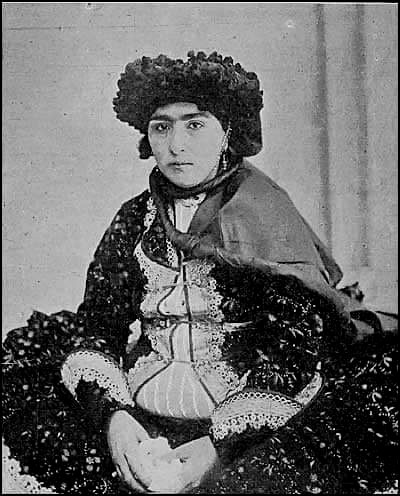
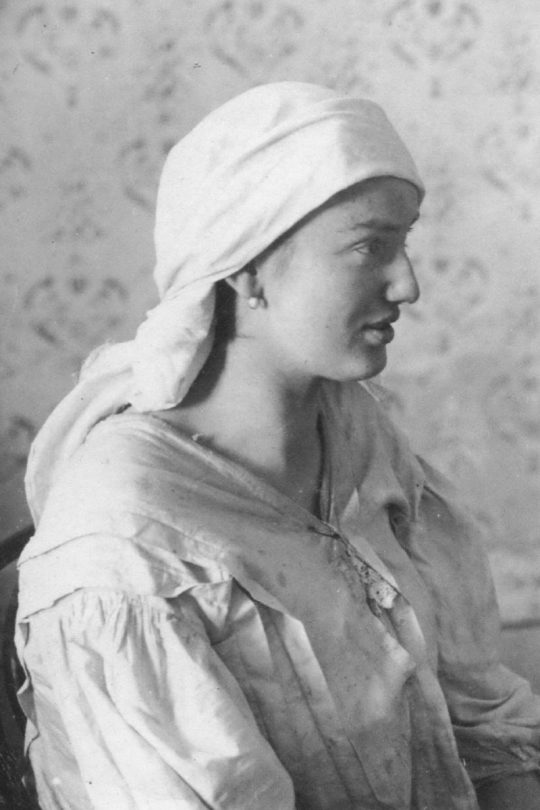
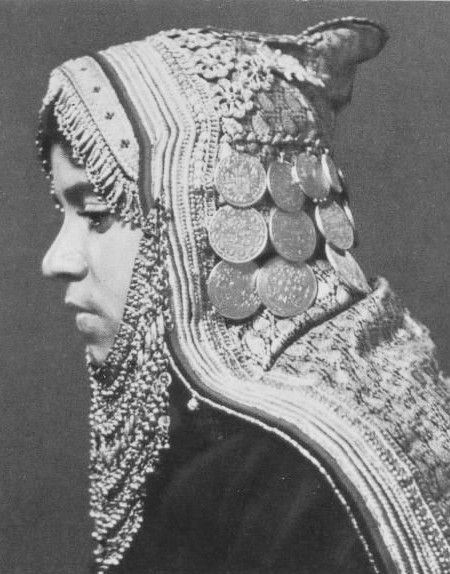
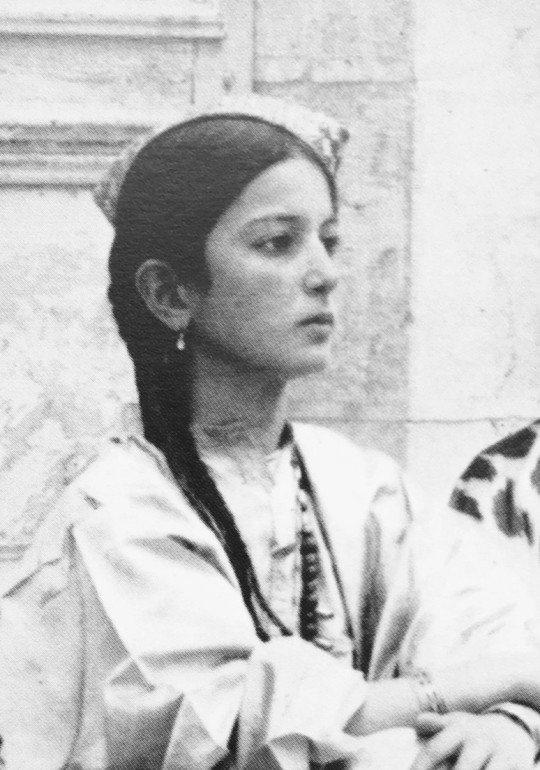
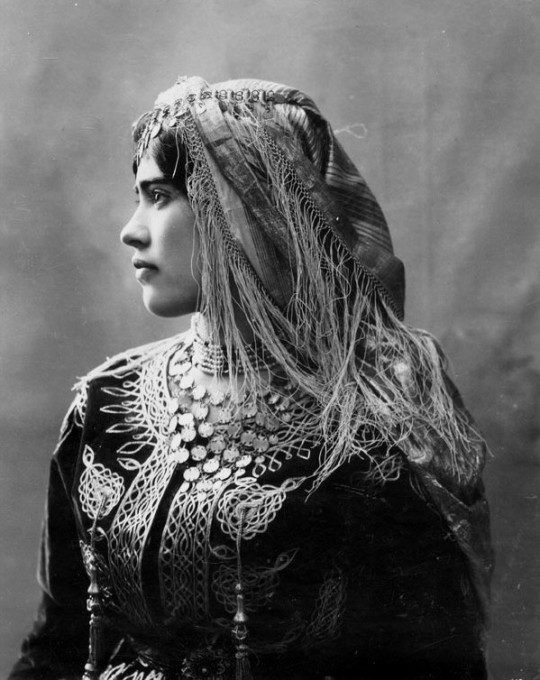
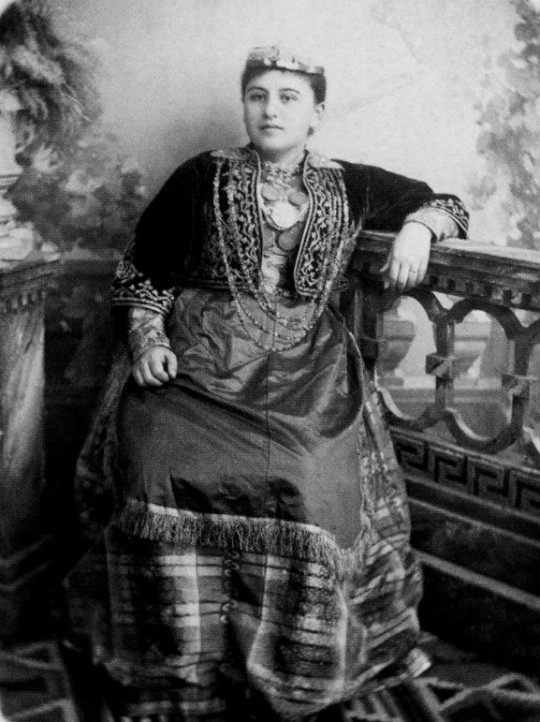

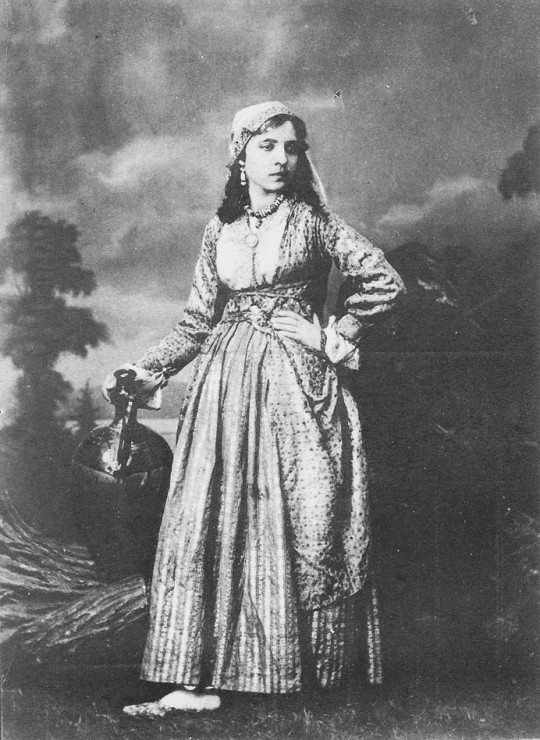
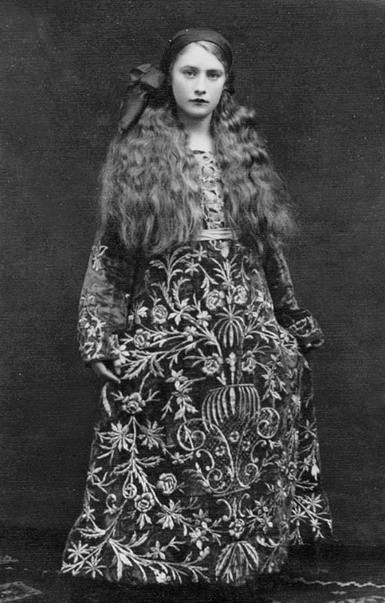
Old photographs of Jewish women II
1. Kurdistan; 2. Volhynia region, Ukraine; 3. Yemen; 4. Bukhara, Uzbekistan; 5. Algeria; 6. Crimea; 7. Cracow, Poland; 8. Thessaloniki, Greece; 9. Bulgaria
#jewish#kurdish#kurdistan#women#ukraine#volhynia#poland#cracow#uzbekistan#bukhara#crimea#karaim#crimean karaites#bulgaria#ashkenazi#sephardic#greece#balkan#yemen#yemenite jews#thessaloniki#algeria#africa#middle east
3K notes
·
View notes
Text
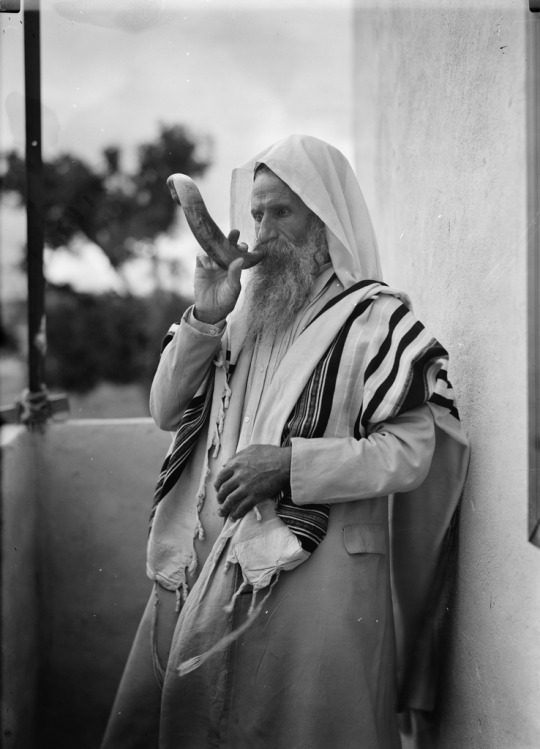
7️⃣0️⃣
4 notes
·
View notes
Photo
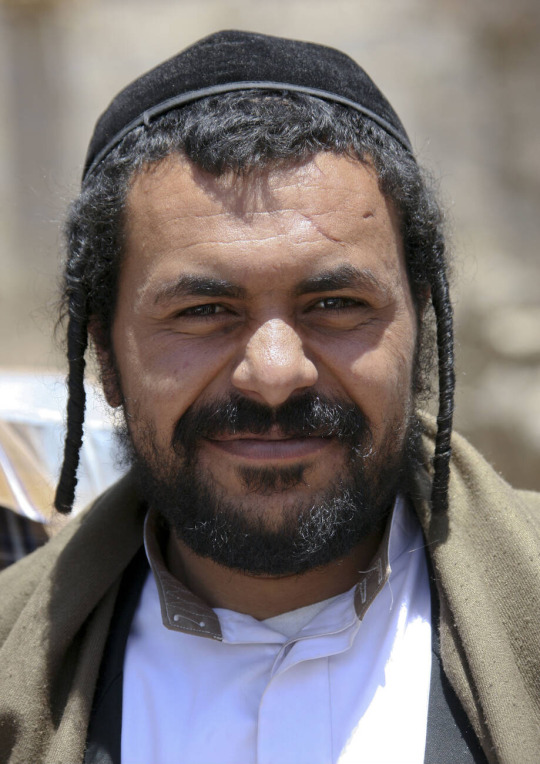
رجل يماني يهودي في عمران، بعدسة إريك لافورج
Yemenite Jewish man in Amran, photographed by Eric Lafforgue
65 notes
·
View notes
Text
Sharabi brothers harassed in UK after surviving massacre
Neria and Daniel Sharabi survived the Nova music festival massacre on 7 October, heroically saving others, only to be harassed by UK Border Control officers when they arrived in Manchester to talk about their ordeal, Sky News reports. The name Sharabi derives from Sharab, a district in Ta’iz in south western Yemen, where a large and ancient Jewish community settled. It was a centre of Torah learning and distinguished rabbis were born there, including the rabbis Shalom Sharabi,Mordechai Sharabi and Shalom Shabazi.
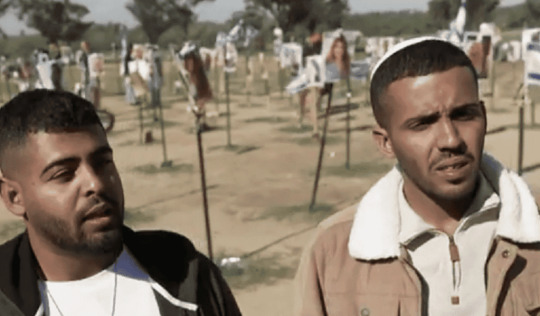
Daniel and Neria Sharabi (right) were detained for two hours on arrival in the UK
Two Israeli brothers have claimed that they were singled out by Border Force staff because of their passports.
The brothers said they faced antisemitism and were left feeling unsafe, wanting to never return to England again after staff at Manchester Airport allegedly singled them out because of their Israeli passports.
Neria and Daniel Sharabi survived the 7 October Hamas attack on Israel and helped others caught up in the assault on the Nova music festival.
They were invited to the UK by the Jewish Representative Council (JRC) of Greater Manchester to share their story but were detained by the Border Force for more than two hours. A video of the interaction was shared widely online.
Neria told Sky News: “We’re facing this antisemitism and, honestly, if I had heard it from a civilian, it would have been okay because it’s a civilian, but when I hear it from a cop with an official job and he’s supposed to watch me and give me the feeling I’m safe and he does exactly the opposite, I don’t know what to think. After what happened, I’m not feeling safe here and probably I won’t come back here.
Read article in full
Daily Mail report
34 notes
·
View notes
Text



the paradesi synagogue in kochi, kerala, india. the first synagogue on the site, built by the city's longstanding malabari jewish community, was destroyed by portugese who'd colonized the area in their persecution of locals. it was rebuilt in 1568 by spanish and portugese jews who fled persecution and later expulsion, hence the name "paradesi" ("foreign" in malayalam).
these sephardic jews and a community of jews of mixed african and european descent who were formerly enslaved ("meshuchrarim", "freedmen" in hebrew) joined the malabari jewish community of kochi and somewhat integrated. they were later joined by some iraqi, persian, yemenite, afghan, and dutch sephardic jews. the middle eastern and european jews were considered "white jews" and permitted malabari jews and meshuchrarim to worship in the synagogue. however, in what seems like a combination of local caste dynamics and racism, malabari jews were not allowed full membership. meshuchrarim weren't allowed in at all, but were instead made to sit outside during services and not allowed their own place of worship or other communal rights.
as the "white jews" tended to be rather wealthy from trade, this synagogue contains multiple antiquities. they include belgian glass chandeliers on its walls, hand-painted porcelain tiles from china on its floors, and an oriental rug that was gifted by ethiopian emperor haile selassie.
#india#architecture#interior#worship#jewish#sephardic#mizrahi#abrahamic kerala#my posts#this seems like a combo of european racism & s asian casteism but idk anything abt castes so idk how right i am#imo the attitude of the paradesi sephardim sort of echoes what went on w/ portugese & st thomas christians#though they were also influenced by ''jewish racism'' (someone not being an ''authentic'' jew or 100% jewish in lineage)#also its interesting that most paradesi jews who left india went to other commonwealth countries while most malabar jews went to occupied#palestine (for the same reason indian muslims went to pakistan more or less). something something the west's unwanted refugee dumping groun#also i'm not saying the portugese didn't persecute against locals who practiced other religions just that there was a Very Specific type of#persecution st thomas christians and malabari jews faced from them#one more thing: i think most americans dont know (and western europeans like to forget) that the transatlantic slave trade went into#western europe as well. even if most w euro countries outlawed slavery before the us did#and also that ‘white’ has never had a linear definition (yemenites are very not ‘white’-looking to the average american)#its really interesting to me how the sephardim who ended up in w europe or euro colonies ended up being richer and more exclusionary than#balkan or most mena sephardim. probably bc more money = govts get off their backs
43 notes
·
View notes
Text
Following the nation’s founding in 1948, new immigrants to Israel were placed in transit camps, in harsh conditions, which were tent cities operated by the state because of housing shortages. Hundreds of testimonies from families living in the camps were eerily similar: Women who gave birth in overburdened hospitals or who took their infants to the doctor were told that their children had suddenly died. Some families’ testimonies stated that they were instructed to leave their children at nurseries, and when their parents returned to pick them up, they were told their children had been taken to the hospital, never to be seen again. The families were never shown a body or a grave. Many never received death certificates.
The issue captured national attention in 1994 when Rabbi Uzi Meshulam and his armed sect of followers barricaded themselves inside a compound in the town of Yehud for 45 days, demanding an official government inquiry to investigate the disappearance of the Yemenite babies. One of Rabbi Meshulam’s disciples was killed in a shootout with the police, and the rabbi and his other followers were sent to prison. At the time, almost all Israelis dismissed Rabbi Meshulam and the accusations as the wild-eyed conspiracy theory of a religious radical.
Rabbi Meshulam’s goal was partly achieved the next year when the Cohen-Kedmi Commission was created to examine more than 1,000 cases of missing children. It was the third formal commission of inquiry created by the Israeli government since the 1960s. In 2001, the commission concluded there was no basis to the claim that the establishment abducted babies. The findings stated that most of the children who were reported dead had died, but about 50 children were unaccounted for. All three commissions had similar conclusions. The committee’s conduct and credibility has been called into question by the families and legal experts.
Naama Katiee, 42, remembers hearing about Rabbi Meshulam as a teenager. She asked her Yemenite father about what happened, but he said he didn’t want to discuss it. She met Shlomi Hatuka, 40, on Facebook through Mizrahi activist groups and together they founded AMRAM, a nonprofit organization that has cataloged over 800 testimonies of families on its website.
Ms. Katiee and Mr. Hatuka are part of a movement among the younger generation of Israelis of Yemenite descent — and activists from the broader Mizrahi community — who are building public pressure in demanding explanations for the disappearances and acknowledgment of systematic abductions.
“They really thought they had to raise a new generation, which was separate from the old ‘primitive’ community,” Ms. Katiee said about the early state of Israel. During the years soon after the country’s founding, Jews in Israel emigrated from over 80 countries and from several ethnic groups, part of a national project focused on forging a common new Israeli identity. Recently arrived Yemenite and other Mizrahi Jews tended to be poor, more religious and less formally educated than the Ashkenazi establishment in Israel, who looked down on them and wanted them to conform to their idea of a modern Israel.
— The Disappeared Children of Israel
#malin fezehai#the disappeared children of israel#history#adoption#human trafficking#child abduction#racism#prejudice#classism#family#children#parents#refugees#immigration#yemenite children affair#israel#yemen#uzi meshulam#mizrahi jews
21 notes
·
View notes
Text
having jewish family from n iraq general area is very strange. n iraq area is a bit of an outlier from its neighbors people group-wise because it’s often kurd = muslim; arab = muslim also; assyrian = christian (or at least an overwhelming amount of christians are assyrian); yazidi = yazidi; but jews are called ‘kurdish jews’? they probably just got that label because they were in the area (some have ‘tribal’ last names if they were from the literal towns the tribes got their names from), but for example syrian jews who lived in aleppo/damascus and spoke arabic are called syrian jews, some people use “arab jew” but afaik most don’t
in that context “kurdish jew” seems a little...misleading? “assyrian jew” is too, they were both religious minorities and spoke aramaic but jews have a separate history (and due to current politics it feels insensitive but idk.) and both of those can be used by israeli govt stuff for propaganda purposes, so looking into sources for this is nigh impossible. tbh i prefer ‘mesopotamian jew’
#strange situation overall that i don't think can be solved anytimne soon#*srael pretty much fucked up jewish history research that isnt european#ultimately small potatoes compared to what palestinians are going through#weird pan-’mizrahi’ ethno-anthropology ultimately relates back to it. colonialism & all that#both 'kurdish jew' and 'assyrian jew' sources i managed to find were zionist propaganda. sobs#not to mention it was a very small community and there aren't a ton of descendants in the world in comparison to like. moroccan jews#ironically the most reputable + objective historical account w/ interviews from people who lived it#was compiled by someone currently head of netanyahu's 'ministry of arab affairs'#such is the state of mizrahi jewish history research#there’s also historical records referring to them both as ‘kurdish jews’ and ‘assyrian jews’#but 'kurdish jews' could've been location-based and probably wasn't in the modern context of 'a people'#('kurdish christians' was often used to refer to assyrians for example)#and 'assyrian jews' was also used to refer to s. iraq general area jews and syrian jews#i’d complain about how it’s annoying that jews are ‘their own thing’ unless they’re bene israel/’kurdish’/yemenite etc but#ill uh. explain this in a reblog
22 notes
·
View notes